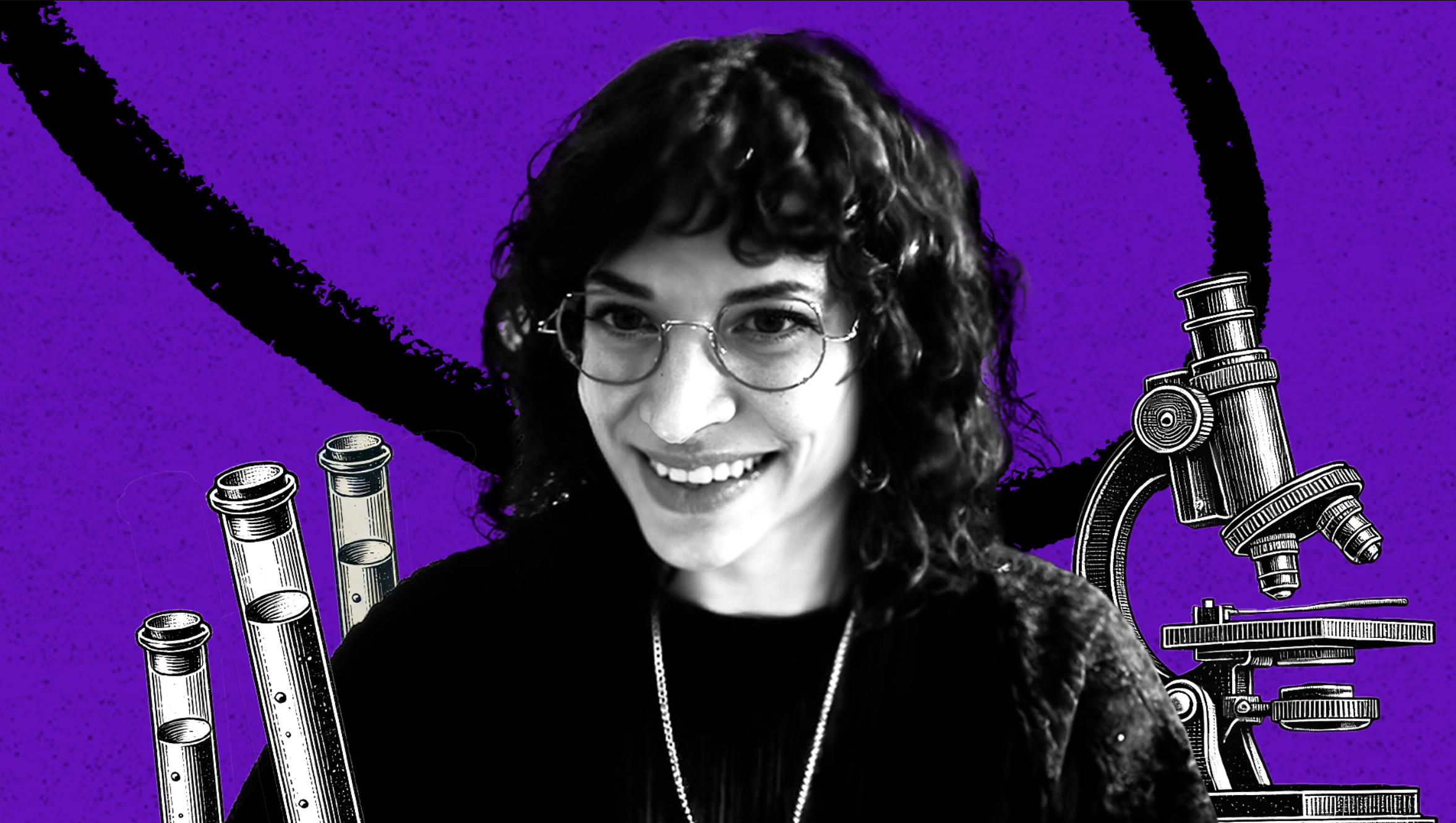
TL;DR: Today we’re releasing a new episode of our podcast AI & I. I go in depth with Alice Albrecht, the senior director of AI product at SmartNews, an app that curates the news for you. Watch on X or YouTube, or listen on Spotify or Apple Podcasts. Also ICYMI: Yesterday, we started onboarding people for Cora, a product that offers you an entirely new way to manage your inbox with AI. Join the waitlist to experience the most human way to do email.
I believe AI is going to change science forever.
Small scale studies will give way to large scale open data gathering efforts. We’ll shift from seeking broad general theories to making contextual predictions in individual cases. The traditional research paper will change fundamentally.
That’s why I had Alice Albrecht on the show. Few people straddle the worlds of science and AI like she does: She holds a Ph.D. in cognitive neuroscience from Yale and is a machine learning researcher with almost a decade of experience. In 2021, she founded re:collect, an app that aimed to augment human intelligence with AI. It was acqui-hired by news curation app SmartNews in September of this year, and she is now the senior director of AI product.
We discuss the contours of this new paradigm of science: the growing importance of data in scientific discovery, how AI makes N-of-1 studies imperative—when they’re normally seen as unscientific, the case for big tech to open-source their data for research, and the power of unbundling data from interpretations, in both science and media. Here is a link to the episode transcript.
In January of this year, we published Alice’s thesis about how augmenting human intelligence with AI is more effective than attempting to achieve super intelligence through standalone AI systems, and in a happy coincidence, she’s our last podcast guest of 2024. Thank you for listening, and we’ll see you in the new year.
In the meantime, this is a must-watch for anyone interested in how AI is changing the future of scientific research.
Watch on X or YouTube, or listen on Spotify or Apple Podcasts.
If you want a quick summary, here’s a taste for paying subscribers:
The Only Subscription
You Need to
Stay at the
Edge of AI
The essential toolkit for those shaping the future
"This might be the best value you
can get from an AI subscription."
- Jay S.
Join 100,000+ leaders, builders, and innovators

Email address
Already have an account? Sign in
What is included in a subscription?
Daily insights from AI pioneers + early access to powerful AI tools








.png)

.png)
Comments
Don't have an account? Sign up!